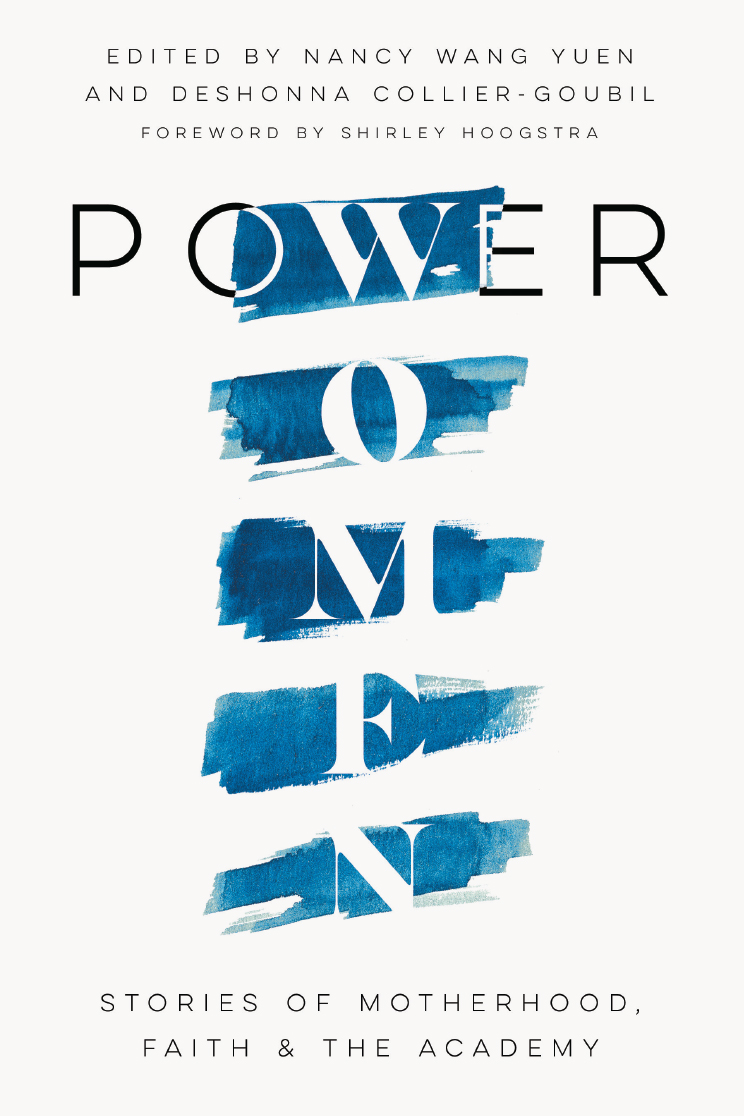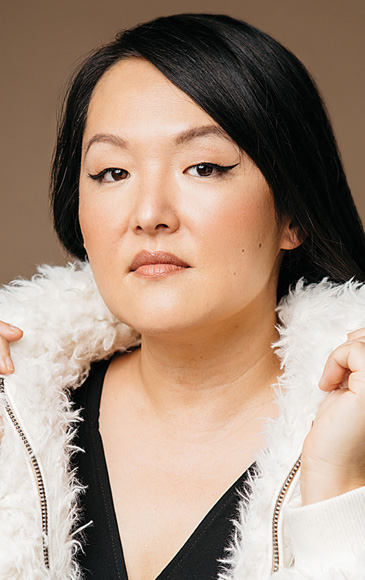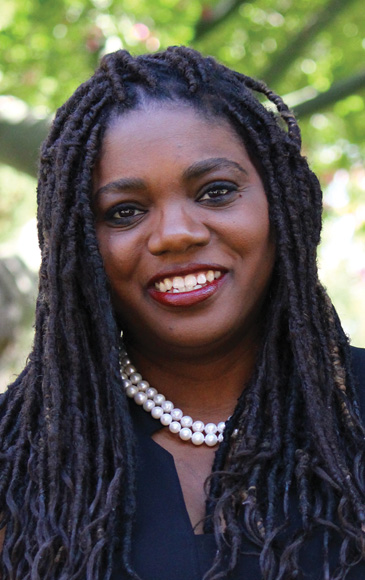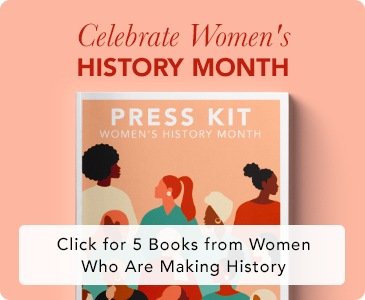A Conversation on Motherhood and Academia with Nancy Wang Yuen and Deshonna Collier-Goubil
How do Christian women navigate the call to both the academy and motherhood? In their book Power Women, Nancy Wang Yuen and Deshonna Collier-Goubil write to other Christian academic mothers, combining research with personal stories to provide wisdom, encouragement, and solidarity. If you've ever wanted to hear from women on a similar vocational journey who come from different backgrounds, academic disciplines, and stages of parenting and career, this interview will be refreshing.
What motivated you to take on this project? Was there a specific circumstance or event that inspired the book?
Deshonna Collier-Goubil: I became a mom while in a full-time faculty position. In Christian higher education, our environments are very family friendly, but navigating new parenthood is still daunting. I wished there was a resource that spoke to my unique circumstances.
Nancy Wang Yuen: I want to give voice to and provide a resource for others struggling to balance motherhood, the academy, and faith.
What are some challenges that Christian mothers in the academy face that seem different from challenges that perhaps all or the vast majority of academic mothers face?
Collier-Goubil: At times a person's religious beliefs can prevent them from seeking assistance and discussing things we do not often discuss in the church, such as infertility and child loss, or when a faculty mom is the head of her household. A Christian woman experiencing infertility has to consider not only the personal and medical repercussions of her decisions but also the social and professional. Similarly, a faculty mom who is head of household has to navigate the historical territory of the church that calls for male leadership in all areas and aspects of life (depending on faith background). Being a pastor, faculty, or mom, including a mom dealing with depression, or a mom of an exceptional child—these are areas that we fail to openly discuss in many churches, so where do we leave a faculty mama to turn for assistance?
As you gathered stories and worked with contributors, what is one thing you learned (or a highlight of that process)?
Collier-Goubil: I have been so inspired by the creativity, resilience, and brilliance of our contributing authors. They have navigated rough terrain and still show up in class perfectly assembled, carrying grace and mercy for students, and with a lesson plan ready to go! Then a few hours later, they become a problem solver in chief, assisting their littles to navigate all sorts of issues that life throws their way. They truly are power women!
Yuen: I learned from the contributors to conceptualize motherhood, the academy, and faith not as different spheres vying for our attention but synergistic assets.
We're in the middle of a pandemic. Would you be willing to speak to the effects of this crisis on academic mothers in general or those you know personally?
Collier-Goubil: The moms I know personally are struggling. This pandemic has definitely affected all in a remarkable way. Faculty moms are burning the candle at both ends, so to speak, and trying to avoid burnout. It's a tough time for us all.
Yuen: Professor mothers who have to supervise or homeschool their children because of school and daycare closures are having a hard time finding work-life balance. At the same time, they also savor the slowing down of time with their children and families.
What is one message you hope readers take away from your book?
Collier-Goubil: We hope that readers find themselves, their colleagues, and faculty they supervise in our book. We hope that the stories of these powerful and faith-filled women will motivate us all to aspire to a higher-ed workspace that is more inclusive of the myriad pressures experienced by faculty moms.
Yuen: We want this book to be an encouragement for Christian professor mothers as well as a resource for all those who work alongside and supervise them.










